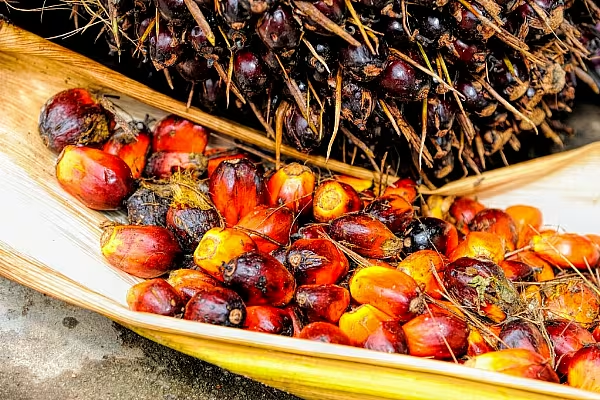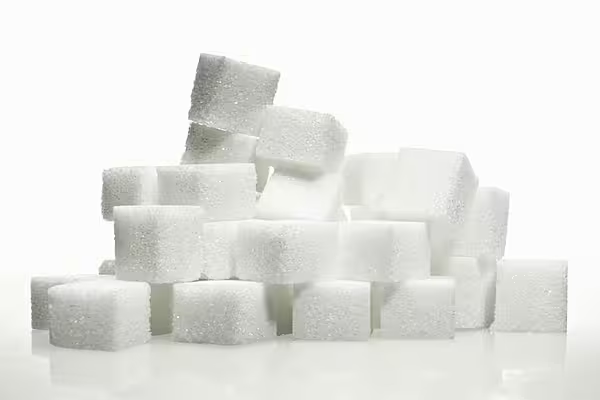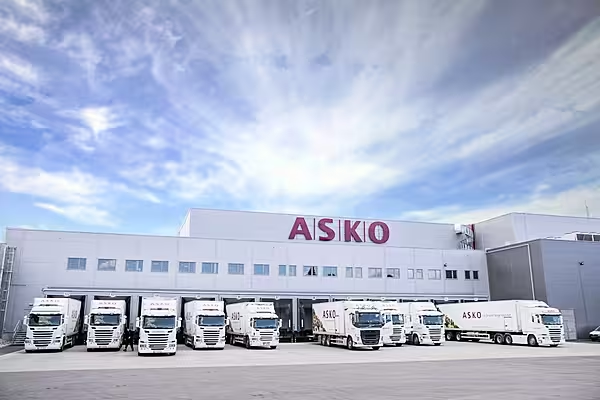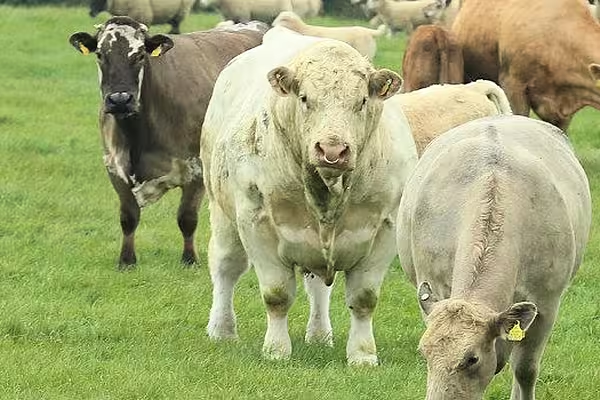In June, the European Union passed new legislation ensuring that all cattle, cocoa, coffee, palm oil, rubber, soya and wood sourced and used by the bloc is certified deforestation-free. ESM reports.
The European Union Deforestation Regulation (EUDR), which was approved in late June, is the most stringent piece of legislation issued by the EU to date, in terms of tackling deforestation, as it aims to prohibit the movement of a variety of commodities unless they are certified as being deforestation-free.
Chiefly, the EUDR focuses on seven main commodities – cattle, cocoa, coffee, palm oil, rubber, soya and wood – while including in its scope products that have been developed from these commodities, such as chocolate.
The retail and consumer goods sectors are among those likely to be most affected by the EUDR, with firms only legally permitted to sell a particular product in the EU if the supplier of said product has issued a ‘due diligence’ statement confirming that it does not come from deforested land or has led to forest degradation. In simple terms, from 30 December 2024, companies will be prohibited from placing products on the EU market (or exporting them from the EU), unless they are proven to be deforestation-free.
‘Unwittingly Complicit’
Commenting on the new regulation earlier this year, Luxembourg MEP Christophe Hansen said, “Until today, our supermarket shelves have all too often been filled with products covered in the ashes of burned-down rainforests and irreversibly destroyed ecosystems and which had wiped out the livelihoods of indigenous people. All too often, this happened without consumers knowing about it.
“I am relieved that European consumers can now rest assured that they will no longer be unwittingly complicit in deforestation when they eat their bar of chocolate or enjoy a well-deserved coffee.”
However, there are indications that some industries may not be fully compliant with the regulation in the allotted time. In September, the biennial Coffee Barometer, prepared by a group of NGOs, suggested that the coffee sector will not be ready to comply with the EUDR by the end-2024 deadline, which could have a knock-on effect on small farmers. ‘Without proactive support from buyers, smallholders lacking organisation and resources to provide the requisite data for compliance (with the law) will bear the initial impact,’ the report noted.
Elsewhere, Lavazza chairman Giuseppe Lavazza told Reuters that he believed that it would be “very difficult to implement this law in practical terms because the coffee supply chain is very complex and traceability is very difficult.”
Cushioning The Impact
According to Moody’s, while the new deforestation rules will lead to increased compliance costs at many firms, most major retailers and consumer goods firms already have their own rigid supply chain structures in place, meaning that the operational and reputational impact thereon may be cushioned somewhat.
A new report by the ratings agency’s Investors Service suggests that the deforestation rules will increase companies’ operating, reputational and opportunity costs, noting that the regulation has been designed to have a ‘global impact’ – such is the EU’s position among the largest importers of commodities such as palm oil, cocoa, coffee and soya – and it is likely to lead to greater scrutiny by consumers, investors and regulators.
However, the credit impact from the regulation on particular firms is ‘likely to depend on a number of factors,’ the report adds – firstly, a company’s position in the supply chain, and, secondly, a company’s ability to switch to other products or suppliers ‘without significantly reducing its revenue or affecting its operations’.
Moody’s identifies six sectors – totalling $2/€1.84 trillion in rated debt – that are likely to be the most exposed to the EUDR: the beverage industry, consumer goods, protein and agriculture, restaurants, retail (and apparel) and trading companies. For the purposes of this article, we’re going to look at three of these in more detail: consumer goods, beverages and retail.
Consumer Goods
According to Moody’s, companies in the consumer goods sector are likely to be among the ‘most affected’ by the new regulation, given their often-direct exposure to one or more of the commodities that it seeks to address. Palm oil, in particular, is used widely in both food and non-food products, Moody’s notes.
That said, the credit implication from the regulation is likely to be ‘modest’ for large consumer goods firms, Moody’s adds, as most have ‘committed to and have already made significant progresses toward sustainable procurement for all the raw materials included in the new regulation,’ as well as the associated disclosure and traceability processes. As it notes, 100% of the palm oil used by L’Oréal is already certified sustainable, as is 99% of Nestlé’s soy and 95% of its palm oil.
However, the regulation may prove to be a headache for small consumer goods firms, which may face additional costs in order to switch to certified suppliers – costs that would likely be passed on to consumers in the form of higher pricing.
Beverages
As Moody’s states, the financial impact of the regulation is likely to be limited in the beverage sector, given that these commodities often represent a ‘modest component of beverage companies’ cost structure’. That said, some alcoholic beverage producers rely on certain hard-to-source ingredients, which may lead to cost implications if substitute products are required.
For example, as Moody’s notes, Rémy Cointreau relies on ‘specific natural ingredients for its cognac production that can only be produced in a very specific part of the world’ – meaning that it may be more exposed than other beverage firms.
Retail
Given their position at the end of the supply chain, retailers will need to ensure that their compliance obligations and procurement standards are strengthened, Moody’s notes, adding that many retailers already have initiatives in place to ensure that products are sourced sustainably.
‘Within the retail industry, grocery is the subsector most affected because grocers sell many products derived from the commodities covered by the regulation, such as coffee, cocoa and palm oil. However, grocers sell a wide range of products, from a large variety of suppliers,’ Moody’s notes. ‘Therefore, they can switch to different suppliers in case of non-compliance with the new regulation, without affecting significantly their offerings and sales.’
While retailers can largely rely on major manufacturers such as Unilever and Nestlé to meet the required due-diligence requirements, the growth of private label in recent years presents the potential for reputational risk if private-label manufacturers aren’t as quick to adhere to the new requirements.
These risks, however, are minimal, Moody’s suggests, given that retailers: a) have more control over the sourcing of private labels, and therefore have the opportunity to switch quickly to other sources; and b) tend to source many private-label products in Europe anyway, particularly food products.
Moody’s also notes the efforts being made by retailers to guarantee that the products that they source are certified sustainable. Carrefour, for example, uses blockchain technology to provide stronger guarantees on food safety and traceability, and it has implemented zero-deforestation technology.
In general, most major firms are on a ‘good footing to be able to comply with the regulation – implementation and technical challenges notwithstanding,’ Moody’s notes.
More information on the EUDR can be found at tinyurl.com/EUDRnews.














